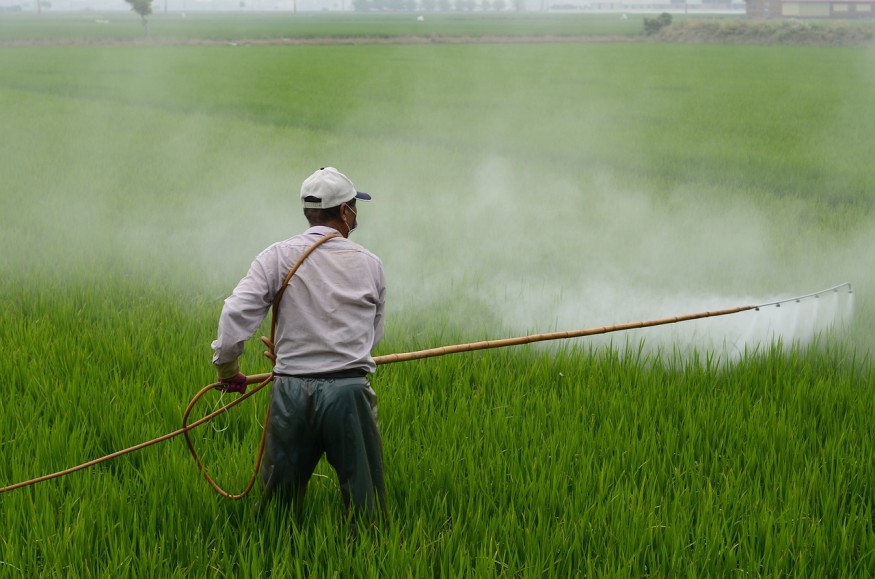Recent research reveals a link between increased insecticide exposure and reduced sperm concentrations in adult men, urging the need for new regulations. The study, published in the journal Environmental Health Perspectives, reviewed decades of worth of data and highlights a 50% global decline in sperm concentration.
While other factors contribute, the study emphasizes a strong association with two common insecticides-organophosphates and N-methyl carbamates. Researchers advocate for minimizing human exposure to these chemicals to address declining sperm counts worldwide.

Common Harmful Chemicals People Use
Organophosphates, crucial components in nerve gas, herbicides, pesticides, and the production of plastics and solvents, hold a significant global presence. These compounds, widely employed in agriculture, residential settings, and landscaping practices, have become pervasive, leading to considerable human exposure.
Melissa Perry, dean of the College of Public Health at George Mason University, emphasizes their broad utilization in various applications, underscoring the need for heightened awareness due to the widespread use of these substances.
In a parallel vein, N-methyl carbamates, sharing structural and operational similarities with organophosphates, exert their effects by impairing the brains and nervous systems of insects. The US Centers for Disease Control and Prevention (CDC) notes their application in insecticides targeted at field, fruit, and vegetable crops to control pests such as beetles, borers, nematodes, and weevils.
The operational likeness between these two chemical classes reinforces the comprehensive impact of such compounds in the realm of pest control, making them ubiquitous in agricultural practices.
Harmful Impact of Insecticide Exposure to Male Fertility
The analysis scrutinized 25 studies spanning the past 25 years, investigating men's occupational and environmental exposure to two prevalent insecticide classes: organophosphates and N-methyl carbamates. These studies, assessing sperm concentrations as an indicator, consistently revealed a strong correlation between increased insecticide exposure and diminished sperm concentration.
However, the study's cross-sectional nature and the ongoing debate surrounding sperm count trends and their impact on male fertility underscore the complexity of establishing a definitive cause-and-effect relationship between insecticide exposure and sperm health.
The study, acknowledged as the most extensive systematic review on this subject, raises awareness while recognizing inherent limitations.
Dr. Alexander Pastuszak, an expert in surgery and urology at The University of Utah School of Medicine, emphasizes the increasing significance of pesticides, particularly organophosphates and N-methyl carbamates, in discussions about factors influencing male fertility.
Although not involved in the recent study, he highlights the mounting evidence suggesting a detrimental effect on male fertility. Pastuszak stresses the critical need for further investigation into the specific impacts of these compounds on actual fertility, underscoring the uncertainty surrounding their consequences until individuals actively embark on the journey of conception.
Despite supporting evidence suggesting a causal link between insecticides and sperm health, the study primarily establishes a correlation rather than conclusive causation. Recent research, including a meta-analysis, highlighted organophosphate exposure's association with reduced sperm counts.
Animal studies have also implicated these chemicals in direct interference with hormone receptors crucial to male fertility. The study, published in Environmental Health Perspectives, underscores the significance of ongoing research in unraveling the intricate relationship between insecticides and male reproductive health.
RELATED ARTICLE: Male Fertility: Increased Chemical Exposure, Lifestyle Changes Cause Sperm Quality in the US to Decline
Check out more news and information on Male Fertility in Science Times.











